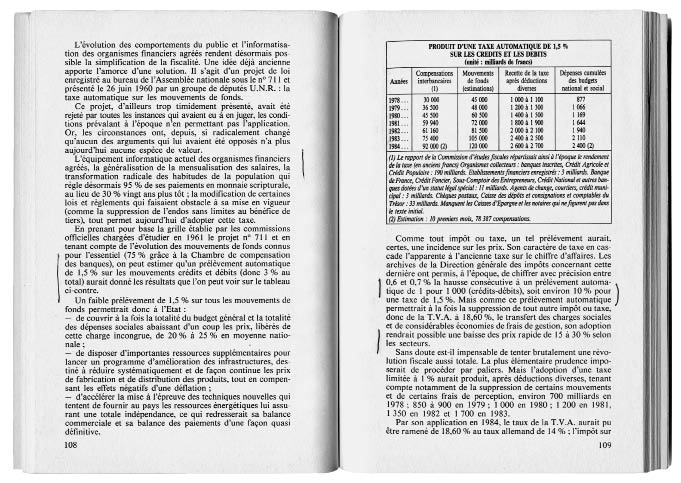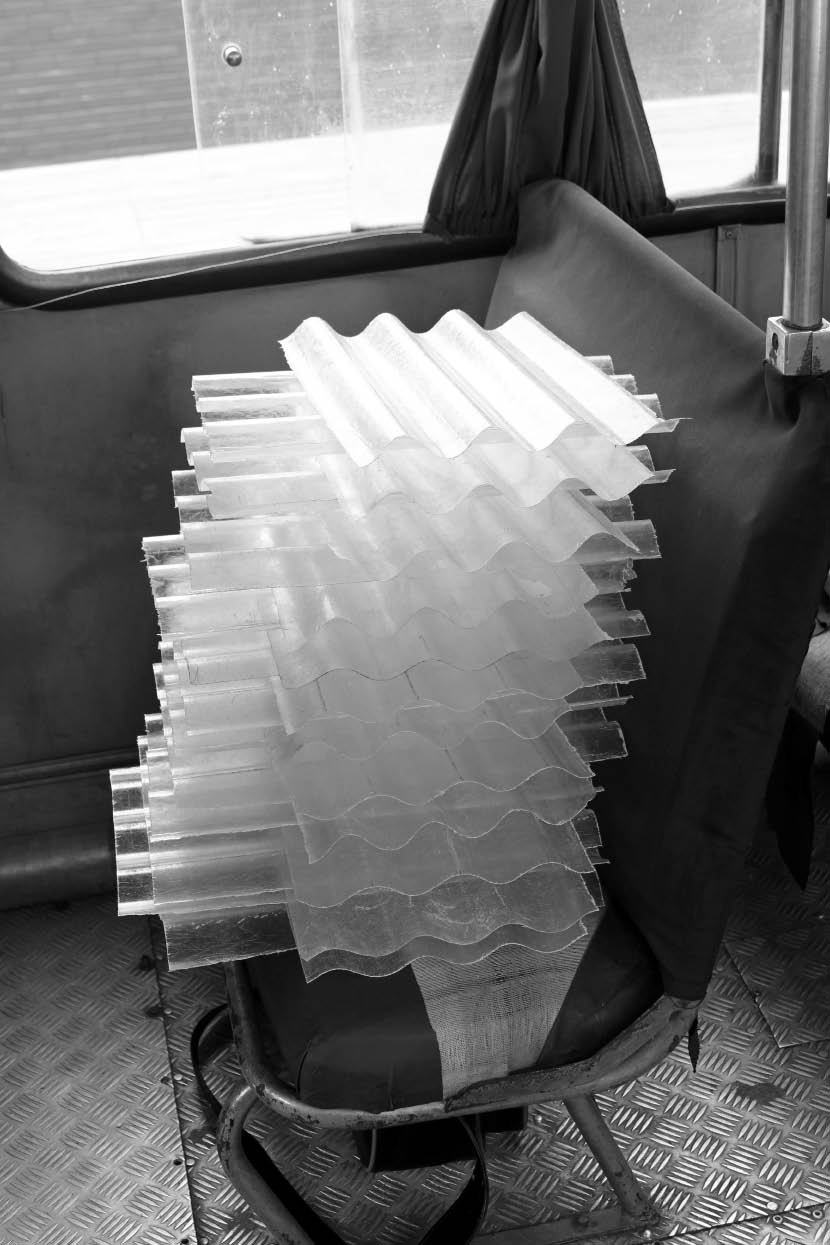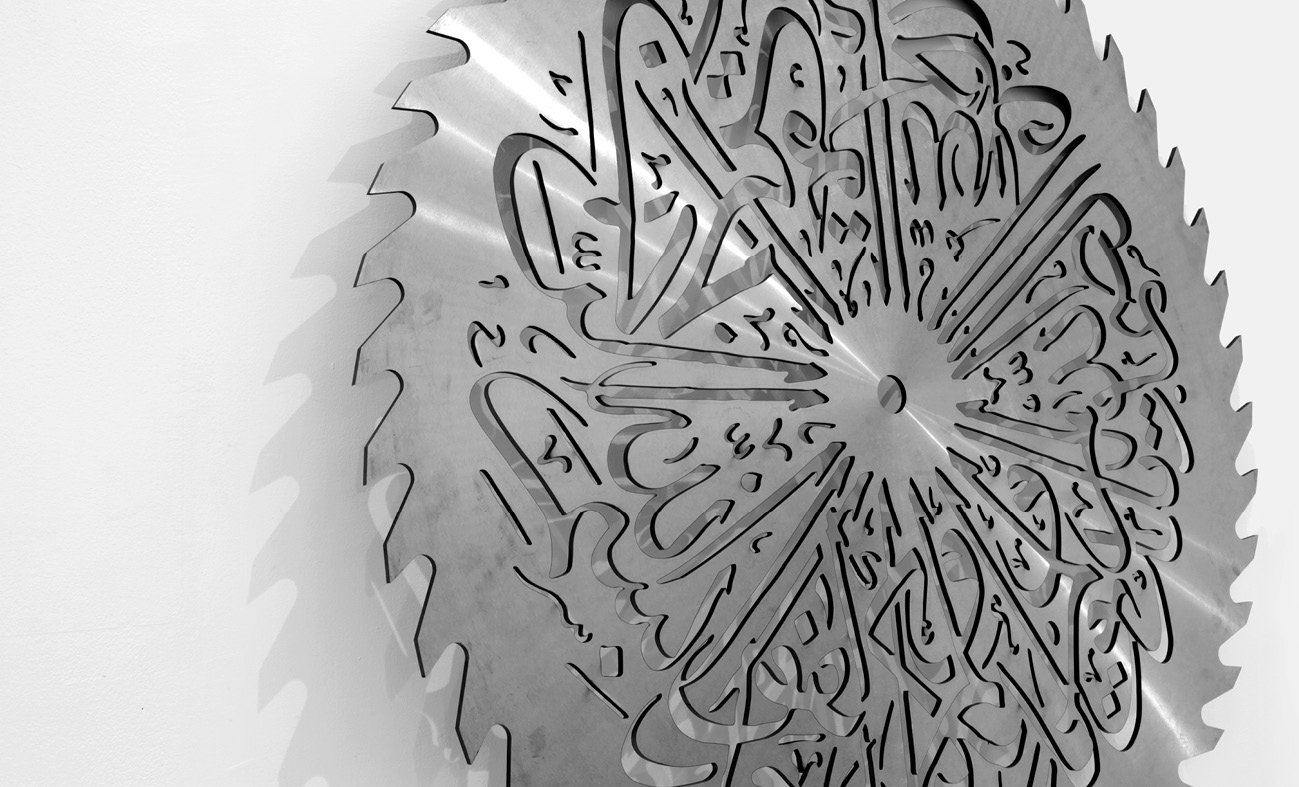Il existe une figure classique du philosophe matérialiste qui rit du reste de l’humanité, de ses craintes, ses superstitions et même ses valeurs. On peut retrouver au choix cette figure sous les traits de Démocrite, Épicure, Spinoza, Rabelais, La Mettrie, etc. Mis à part l’intérêt que l’on peut avoir pour cette figure du philosophe, assez éloignée des bancs de l’école, le texte présent vise à décrire ou (re)définir ce personnage conceptuel afin que l’on comprenne que c’est ainsi – en riant – que le philosophe matérialiste accède au monde « humain », au monde « des valeurs ». On verra alors que le vieux reproche fait au matérialisme, à savoir sa froideur et son incapacité à saisir la dynamique de l’action humaine, sa « cruauté d’anatomiste » comme dit Flaubert, ne l’atteint pas ; ou alors l’atteint à cause de son rire.
The figure of the materialist philosopher as the « laughing philosopher », who mocks the rest of humanity, its fears, superstitions and even values, is a classic one. It has been associated variously with Democritus, Epicurus, Spinoza, Rabelais, La Mettrie and others. Apart from the interest one might have in this figure of the philosopher as someone who is rather far removed from school benches, the present essay seeks to describe or (re)define this conceptual character in order to argue that laughter is the materialist philosopher’s « mode of access » to the human world, the so-called world of « values ». This implies that the equally classic reproach towards materialism – its coldness, its inability to grasp the dynamics of human action, what Flaubert would have called an « anatomist’s cruelty » – fails ; or only successfully targets materialism when it laughs.







